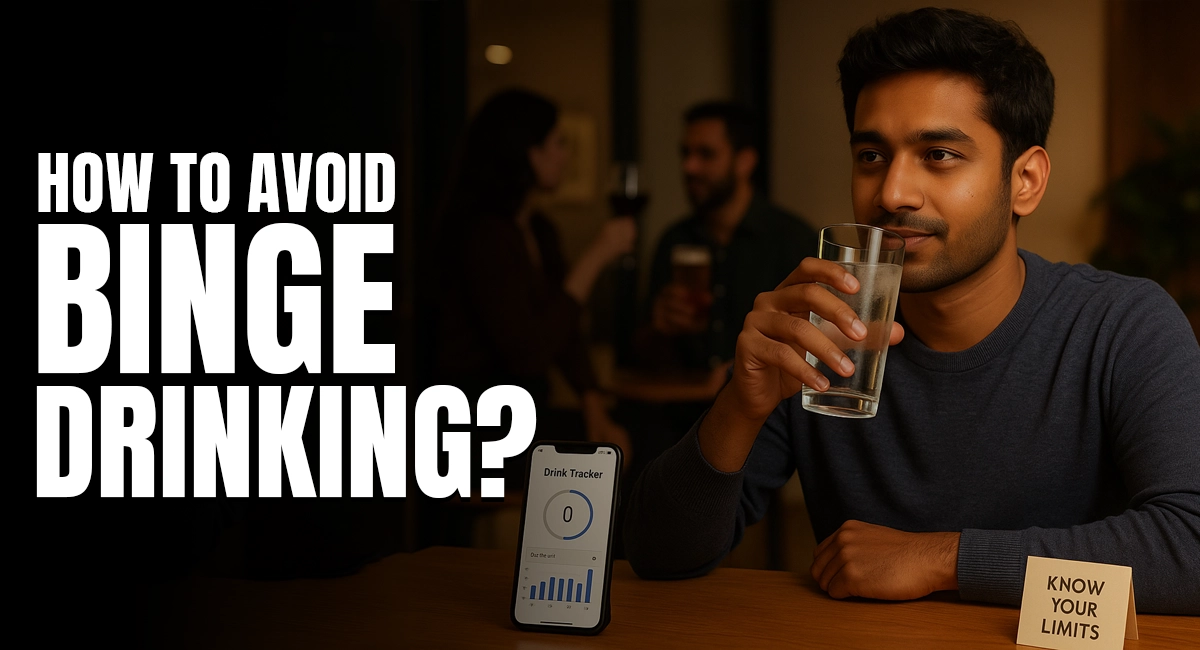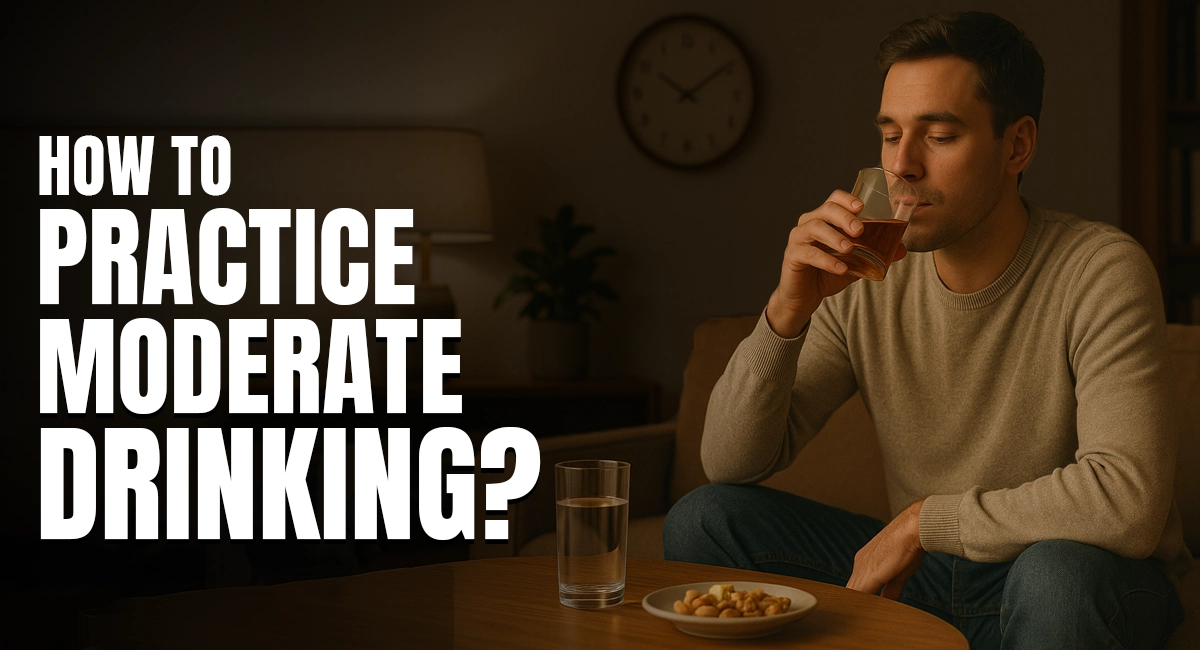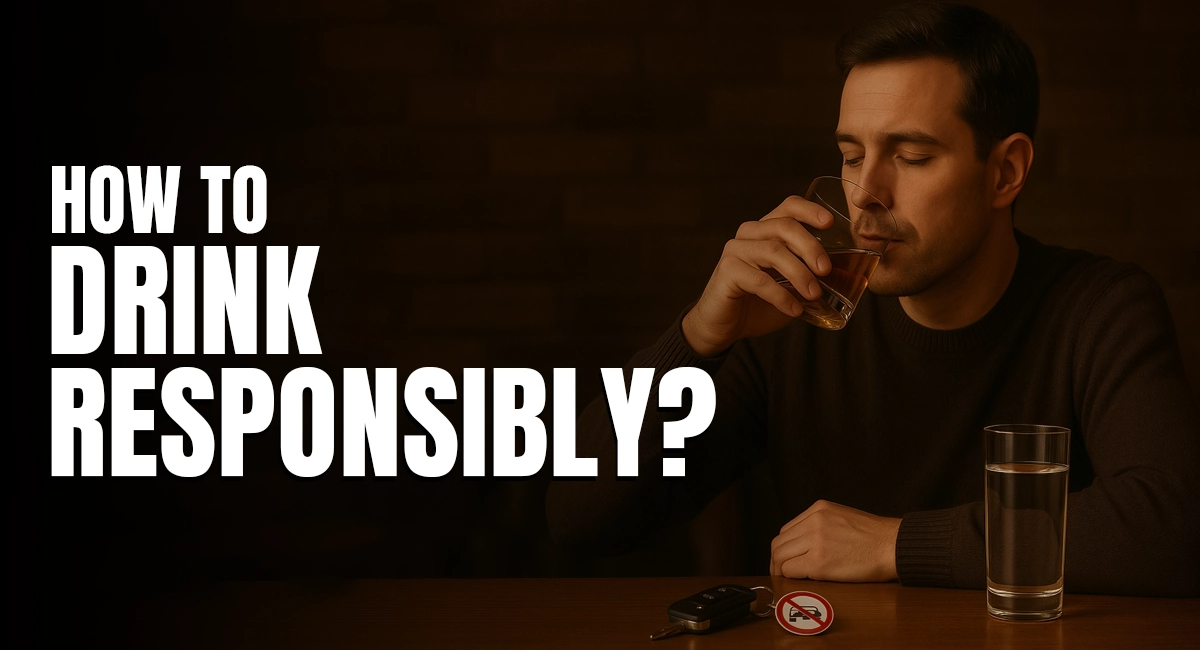Top 10 Alcohol Myths and Facts- Bozzers Council
Alcohol has been a part of human culture for thousands of years. From celebratory toasts to social gatherings, it often plays a central role in our lives. However, alcohol consumption is surrounded by numerous myths and misconceptions that can mislead people about its effects, safety and health implications. Understanding the truth behind these myths is important for the responsible drinking and maintaining good health.
Here are the top 10 alcohol myths and the facts that debunk them.
1. Myth: Alcohol Keeps You Warm
Fact: While a drink may give a temporary sensation of warmth, alcohol actually lowers your core body temperature. Alcohol causes blood vessels to expand, increasing blood flow to the skin and extremities. This makes you feel warm for a short time, but it actually results in heat loss, which can be dangerous in cold weather. So, reaching for a whiskey in freezing temperatures won’t keep you warm—it might make hypothermia more likely.
2. Myth: Drinking Coffee Sober You Up
Fact: Many people believe that a cup of strong coffee can counteract the effects of alcohol, but this is false. Coffee may make you feel more alert, but it does not lower blood alcohol concentration (BAC). Only time allows the liver to metabolize alcohol. Drinking coffee after a night of heavy drinking might help you to feel awake, but it won’t improve coordination or reaction times, meaning you’re still unsafe to drive.
3. Myth: Beer Before Wine, Never Feel Fine
Fact: The old adage suggests that the order of drinks determines whether you’ll get a hangover. In reality, the type of alcohol matters less than the total amount consumed. Mixing drinks can lead to drinking more overall, which increases the risk of a hangover, but there’s no magical formula for which drink to consume first. Pacing yourself, staying hydrated and knowing your limits are far more effective strategies.
4. Myth: Alcohol is Always Bad for Your Health
Fact: For years, moderate drinking—especially red wine—was thought to provide health benefits, such as improved heart health and minimize risk of type 2 diabetes. Some studies suggest compounds like resveratrol in red wine may support cardiovascular health.
However, recent research and the World Health Organization (WHO) now emphasize that no level of alcohol consumption is completely safe. Even small amounts increase the risk of certain cancers, liver disease and other health issues. While some individuals may see limited benefits with moderate drinking, the risks generally outweigh them, especially if alcohol is consumed regularly.
The safest approach is to drink mindfully, keep intake within recommended guidelines (if you choose to drink) and understand that “moderate” does not mean “risk-free.”
5. Myth: Alcohol Doesn’t Affect Women as Much as Men
Fact: Women are more susceptible to the effects of alcohol than men due to some differences in body composition and metabolism. On average, women have a higher proportion of body fat and lower water content, which means alcohol becomes more concentrated in the bloodstream. Women also have the lower levels of alcohol dehydrogenase, an enzyme that metabolizes alcohol. Consequently, the same amount of alcohol can lead to higher BAC and faster intoxication in women.
6. Myth: Drinking Alcohol Helps You Sleep
Fact: Alcohol can make you feel sleepy and help you to fall asleep faster, but it actually disrupts sleep quality. It reduces the rapid eye movement (REM) sleep, which is crucial for the cognitive function and emotional health. Alcohol can also cause fragmented sleep and night awakenings, leading to fatigue the next day. Using alcohol as a sleep aid may temporarily help, but it ultimately impairs restorative sleep over time.
7. Myth: You Can Sweat or Exercise Out Alcohol
Fact: Some people think that going for a run or sitting in a sauna can “sweat out” alcohol. Unfortunately, this is not true. Alcohol is primarily metabolized in the liver at a fixed rate of about one standard drink per hour. Physical activity or sweating does not speed up this process. The safest approach is simply to allow enough time for your body to process alcohol naturally.
8. Myth: Alcohol is a Good Stress Reliever
Fact: Alcohol may temporarily reduce stress or anxiety because it affects neurotransmitters in the brain. However, it’s not a healthy long-term stress management tool. Regular drinking can lead to dependency, worsen anxiety and depression over time and negatively impact overall mental health. Healthier stress-relief strategies include exercise, meditation, socializing or pursuing hobbies, which provide lasting benefits without harmful side effects.
9. Myth: Clear Alcohol is Safer than Dark Alcohol
Fact: Some people believe vodka or gin is “safer” than whiskey or rum because it is clear. While dark liquors contain more congeners—chemical byproducts of fermentation that can worsen hangovers—the difference is minor compared to the total alcohol consumed. Drinking large amounts of any alcohol, clear or dark, is harmful. Moderation is far more important than the colour of the drink.
10. Myth: You Can Handle Alcohol if You’re Used to It
Fact: Tolerance may let a person consume more alcohol without showing obvious signs of intoxication, but it does not protect them from the various types of health risks and problems caused by alcohol. Drinking may lead to liver disease, heart problems and neurological damage, regardless of perceived tolerance. Additionally, tolerance is temporary and does not reduce the risk of accidents, impaired judgment or alcohol poisoning. Everyone’s body has limits and exceeding them can have serious consequences.
| Read More:- Role of NGO in Reducing Alcohol Abuse |
Conclusion
Alcohol is deeply rooted in social and cultural life, but myths about its effects can lead to risky behaviour and health problems. By understanding the facts, you can make the well-informed, enjoy alcohol responsibly and avoid common misconceptions that may put your health at risk.
Responsible drinking is not just about limiting quantity—it’s about knowing how alcohol interacts with your body, mind and lifestyle. Whether it’s learning that coffee won’t sober you up or that alcohol does not actually keep you warm, busting these myths is a step toward safer and smarter alcohol consumption. For more informative content do visit Boozerscouncil.org.We will be right back with new post.
Recent Post
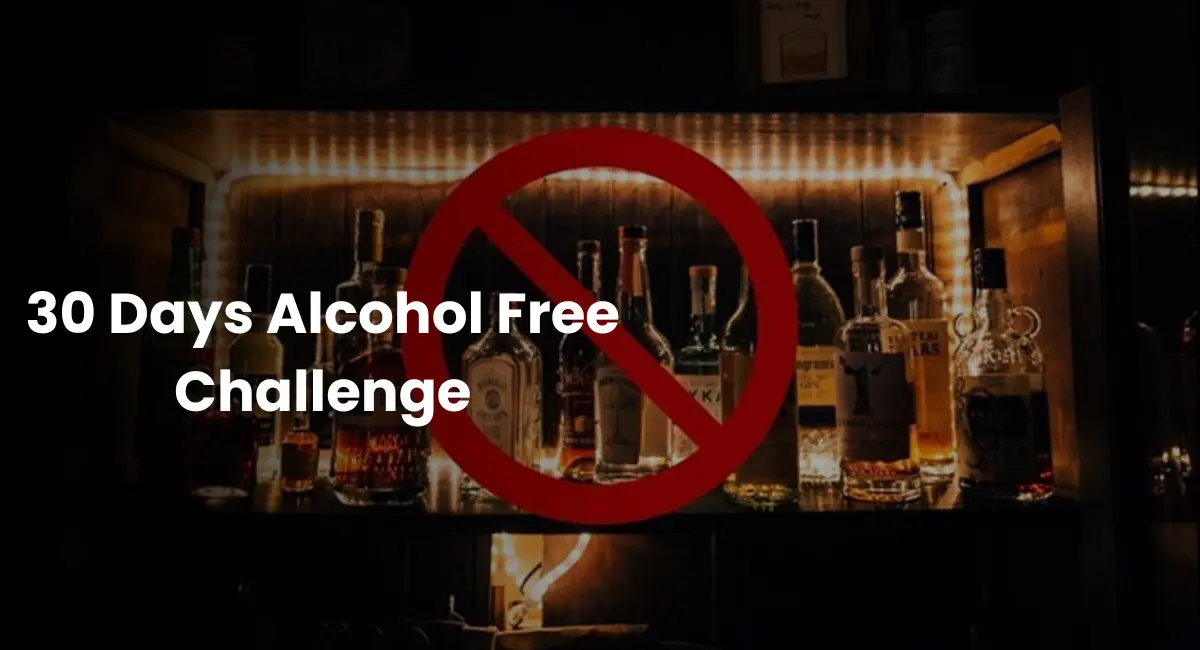
Alcohol-Free Challenge
This challenge isn’t about lifelong abstinence or strict rules; it’s about pausing, observing and understanding how alcohol truly...
December 17, 2025

Role of Schools and Colleges in Alcohol Awareness
This blog explains how schools and colleges can contribute effectively to alcohol awareness in line with widely recognised...
December 15, 2025
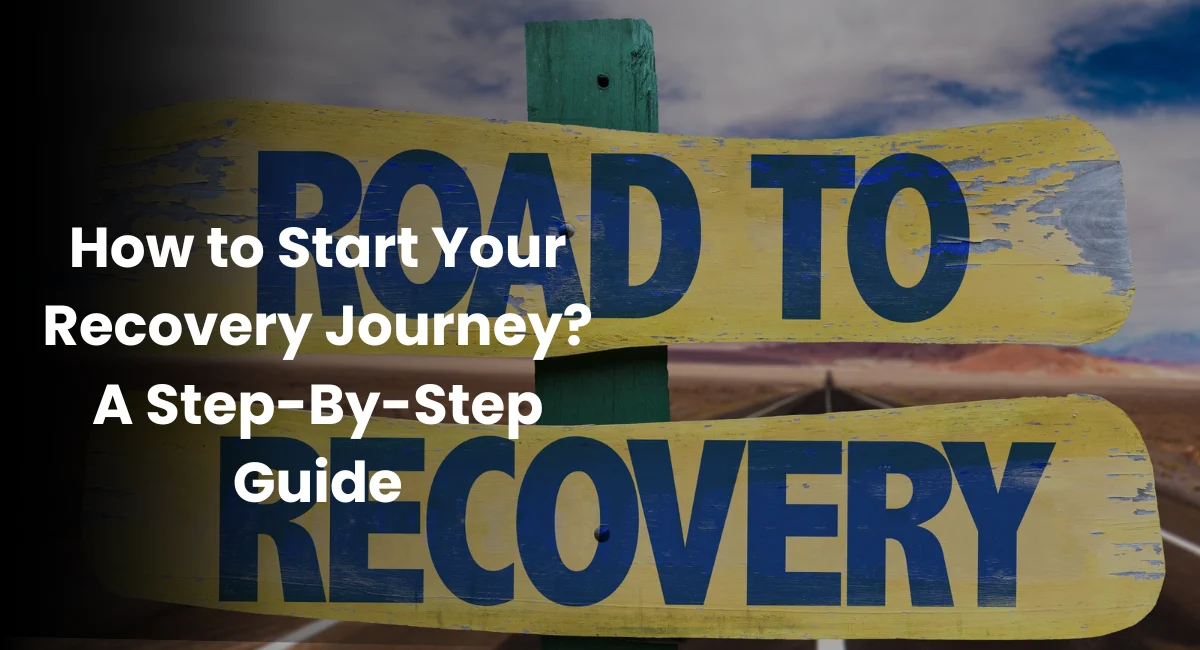
How to Start Your Recovery Journey from Alcohol Addiction
Recovery is a continuous process of healing, self-awareness and growth. With the right mindset, professional guidance and support...
December 09, 2025
Get The Free Quote!
KEEP IN TOUCH
POPULAR POSTS
Alcohol Laws in India
This decentralization results in widely varying legal drinking...
August 14, 2025 • 605 views.Binge Drinking
Binge drinking is often portrayed in movies and...
August 04, 2025 • 335 views.How Stress and Anxiety Can Lead to Unhealthy Drinking Habits
In this blog, we’ll explore how stress and...
October 17, 2025 • 291 views.How to Practice Moderate Drinking
In this blog, we’ll explore what moderate drinking...
August 02, 2025 • 276 views.How to Drink Responsibly
In this guide, we’ll explain and guide what...
July 31, 2025 • 262 views.




